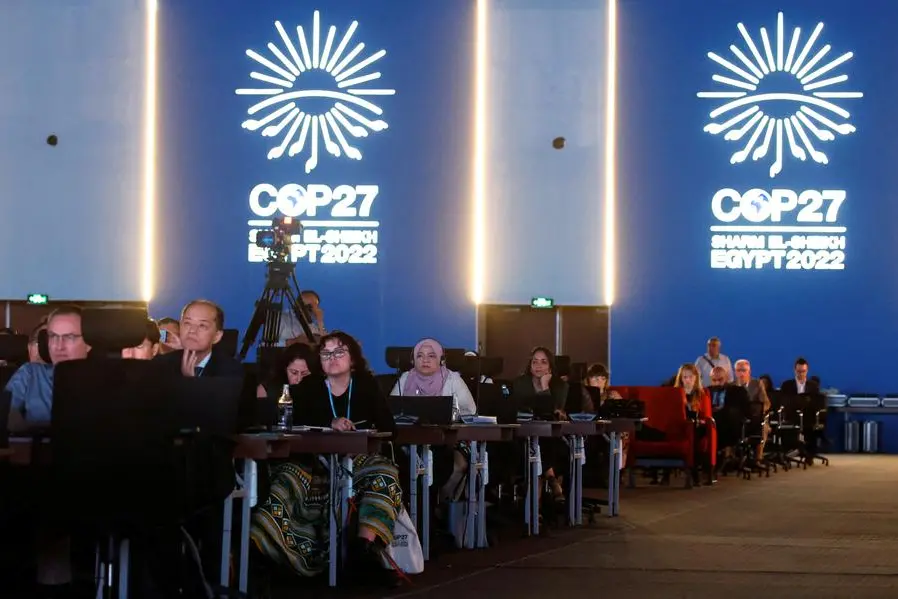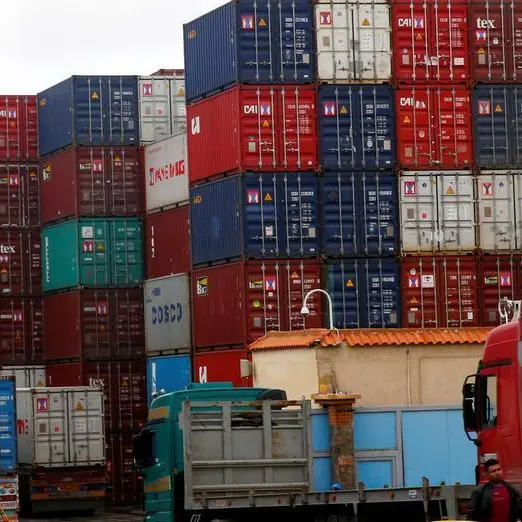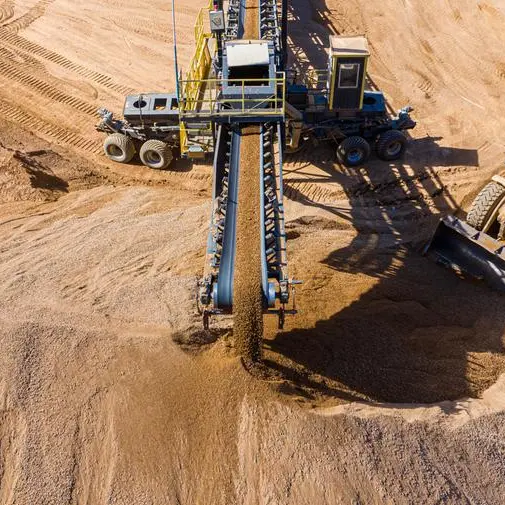PHOTO
SHARM EL-SHEIKH - The first draft of a deal being hashed out at the COP27 climate summit in Egypt would keep a target of limiting global warming to 1.5 degrees Celsius, but leaves many of the most contentious issues in the talks unresolved ahead of a Friday deadline.
Egypt's COP27 president urged negotiators to overcome their differences, while poor nations slammed the draft as unambitious for not address their need for money to cope with damage already being wrought by climate-driven storms, droughts and floods.
"Time is not on our side, let us come together now and deliver by Friday," COP27 President Sameh Shoukry said in a letter to delegates published on Thursday.
The 20-page draft for a hoped-for final agreement repeats the goal from last year's Glasgow Climate Pact to limit warming to 1.5C, and "welcomes" the fact that delegates had for the first time begun discussions on launching a so-called loss and damage fund for countries being ravaged by climate impacts.
U.S. Special Climate Envoy John Kerry said last week that a few of the nearly 200 countries gathered for the talks in Sharm el-Sheikh had been resisting language around 1.5C, the level of warming beyond which scientists say climate change impacts dangerously spiral. Kerry declined to name the countries.
Kerry held a closed-door meeting Thursday with his Chinese counterpart Xie Zhenhua at the summit, but did not say what they discussed. "We're making progress. Let's let the talks continue," he said as he left the meeting.
Xie has said China was not opposed to including the 1.5C target.
China and the United States, the world's two biggest greenhouse gas emitters, agreed earlier this week to resume their climate cooperation, after a hiatus caused by diplomatic tensions over Taiwan.
Highlighting frustrations over the talks so far, a delegation from Britain, the European Union and Canada met COP27 president Shoukry on Thursday to draw attention to gaps in the current negotiating texts and to express their view that the talks should not be allowed to fail.
"There's still a lot of gaps in the texts," said a spokesperson for Britain's COP26 Presidency, which hosted last year's climate summit in Glasgow. "They need to build on what has gone before."
WHERE'S THE MONEY?
Climate-vulnerable countries including small island nations pointed out that, while the draft deal mentions loss and damage, it does not include details for launching a fund - a key demand in the talks that delegates have worried could stymie a final agreement.
Wealthy countries for years have resisted a loss and damage fund over fear that it could open them up to endless financial liability for their historical contribution to climate change.
"Anything less than establishing a loss and damage fund at this COP is a betrayal of the people who are working so hard to clean up this environment, and the people fighting for humanity," said Molwyn Joseph, Antigua and Barbuda's environment minister.
The draft also repeats the Glasgow deal's request for countries to accelerate measures towards the phase down of unabated coal power, despite a proposal from India and the European Union to expand that to all fossil fuels.
It urges countries to "phase out and rationalize inefficient fossil fuel subsidies" - a slight tweak from the Glasgow deal which did not include the word "rationalize".
"Instead of a reference to phasing out all fossil fuels, we have an even weaker version of the language around coal and fossil fuel subsidies than we got last year," said Catherine Abreu of the E3G non-profit think tank.
EU climate policy chief Frans Timmermans said the first draft left a lot to be desired.
"The cover text still needs a tremendous amount of work," he told Reuters. "So, we will continue the discussions and will give our input and hope that we can find this common ground before the end of the COP."
TEMPERATURE TARGET
On limiting the global temperature rise, the document mirrors language included in last year's COP26 agreement.
It stresses "the importance of exerting all efforts at all levels to achieve the Paris Agreement temperature goal of holding the increase in the global average temperature to well below 2°C above pre-industrial levels and pursuing efforts to limit the temperature increase to 1.5°C above pre-industrial levels."
Temperatures have already increased by 1.1C, and are projected to blow past 1.5C without swift and deep cuts to emissions within this decade.
Other unresolved issues include calls for boosting a global goal for finance to help developing countries adapt to the impacts of a warmer world, and plans for ratcheting up targets for cutting climate-warming emissions.
"I think the problem is that there's a lot in here, and lots of it will be shot down by parties on all sides", said Tom Evans, a climate policy analyst at E3G.
(Additional reporting from Dominic Evans, Valerie Volcovici, Kate Abnett, Gloria Dickie, and Simon Jessop; Writing by Richard Valdmanis)





















